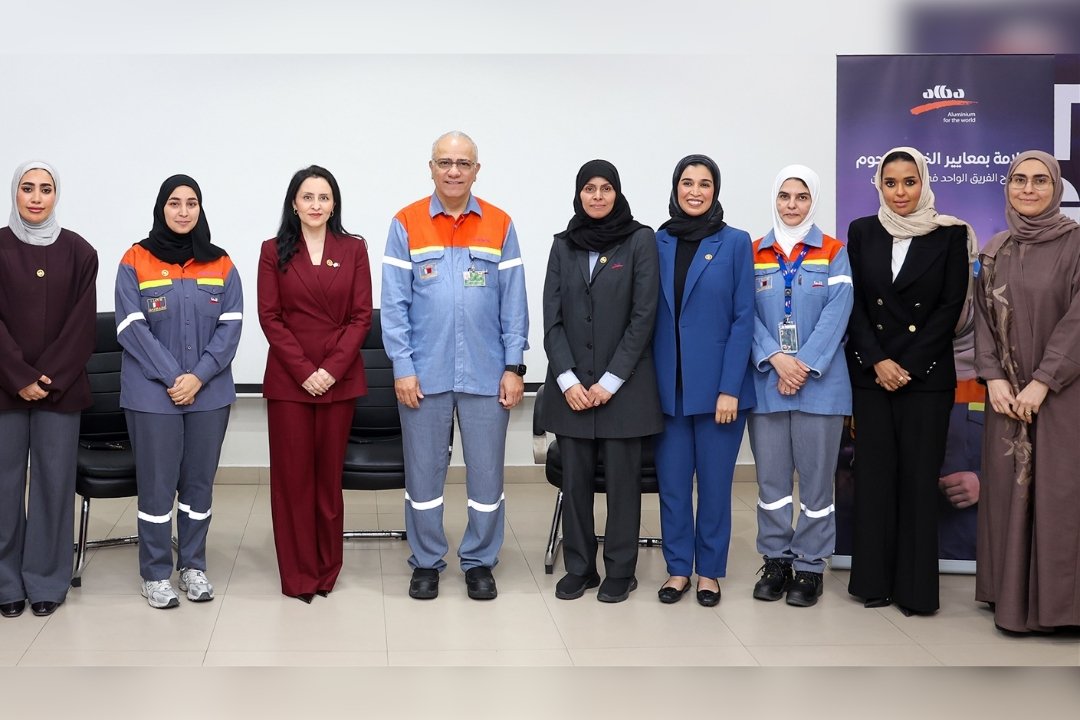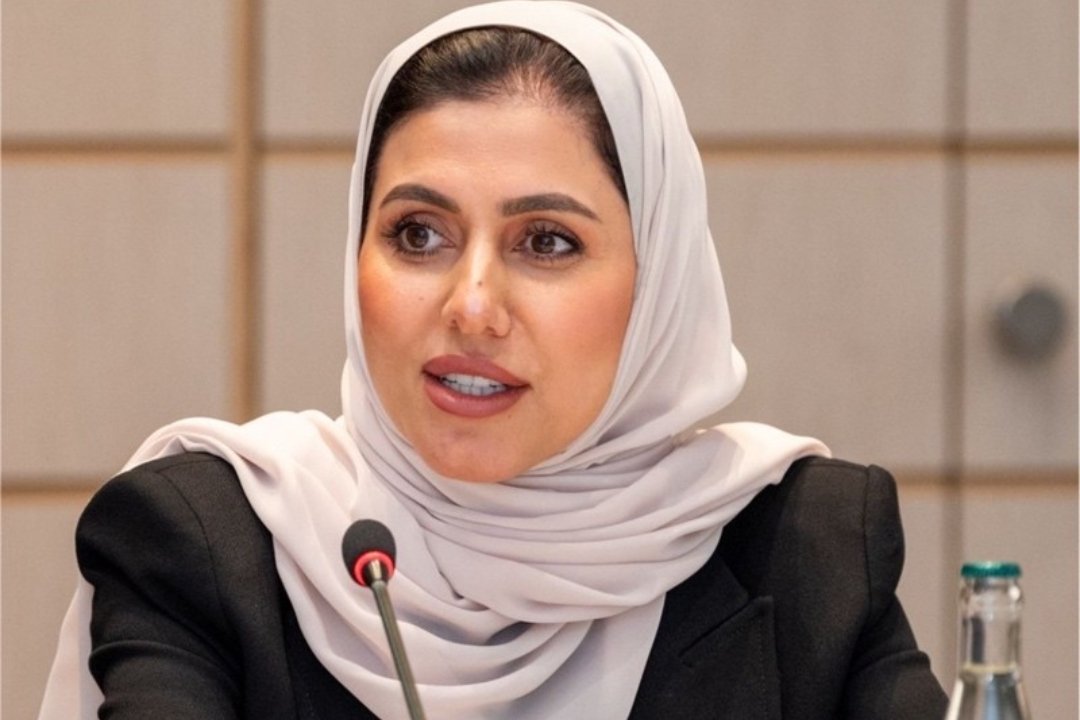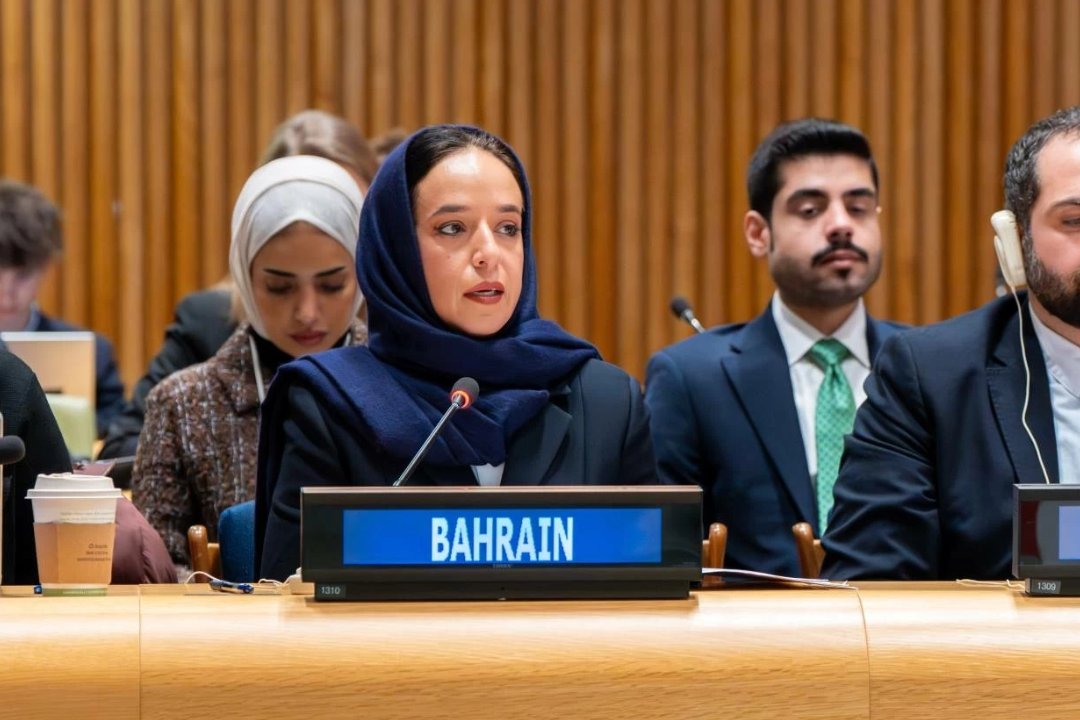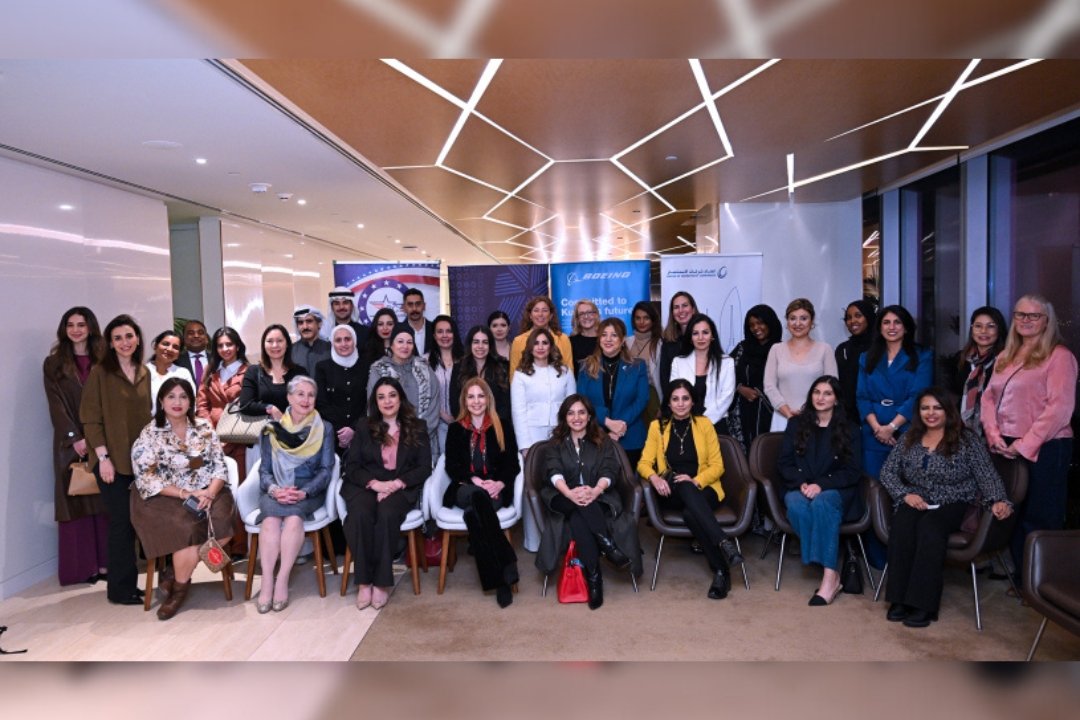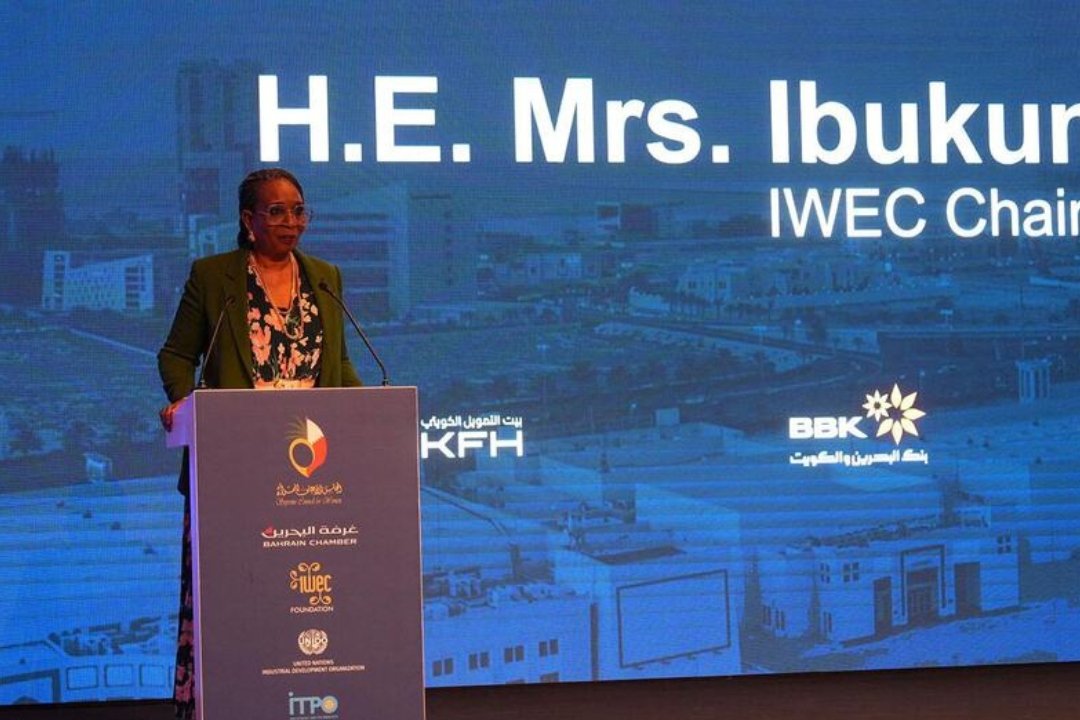The Asian Development Bank (ADB) plays a crucial role in shaping the future of women in the Asia-Pacific region. It is committed to promoting sustainable economic development and addressing poverty, aiming to create a prosperous, inclusive, and resilient region. However, despite the progress made, significant challenges remain. Around 263 million people in the region still live on less than $1.90 a day, and over 1.1 billion survive on less than $3.20 a day. In the face of these challenges, ADB’s focus extends beyond just eradicating poverty; it is also dedicated to tackling inequality, with a particular emphasis on empowering women through various programs and initiatives.
ADB’s commitment to economic development
Founded in 1966, the Asian Development Bank was established to foster economic growth and cooperation in Asia, a region predominantly dependent on agriculture. Over time, its mandate has expanded to include the provision of loans, grants, equity investments, and technical assistance to promote both social and economic development across its member countries. ADB is deeply committed to policy dialogues, resource mobilization, and co-financing with international partners, aiming to improve millions of lives by sustaining economic progress and eradicating extreme poverty.
Women’s empowerment: Overcoming challenges
Despite significant strides towards gender equality, many barriers still prevent women from fully participating in society. Women in Asia continue to face challenges in education, employment, and leadership roles. Deep-rooted gender norms and discrimination limit women’s opportunities and their economic security. Issues such as unequal pay, limited access to education and skills development, and the disproportionate burden of household responsibilities severely hinder women’s economic potential. Gender-based violence remains a serious problem, especially in South Asia and the Pacific, where the prevalence of violence against women exceeds the global average.
In Asia, only 49% of women of working age are in the labour force, compared to 80% of men. Women also earn, on average, only 77% of what their male counterparts earn. ADB acknowledges these inequalities and supports initiatives that promote women’s economic empowerment, particularly in male-dominated sectors.
Addressing poverty and reducing inequality
To combat poverty and reduce inequality, ADB tackles the root causes of gender disparities. This includes improving access to education, offering skills training, and supporting women’s entrepreneurship. ADB also works to reduce the burden of unpaid care work on women and helps maximize their potential in high-value sectors like Science, Technology, Engineering, and Mathematics (STEM). When women are fully engaged in the economy, it fosters productivity, boosts economic diversification, and reduces income inequality, benefiting entire communities and economies.
Climate action and gender
Climate change is a growing issue in Asia, and its impacts are often felt more acutely by women, especially in countries with high levels of gender inequality. Women’s livelihoods are frequently reliant on natural resources, and extreme weather events like floods and droughts exacerbate their vulnerabilities. ADB focuses on integrating gender-responsive climate finance into its projects and initiatives. This includes developing gender-responsive nationally determined contributions (NDCs) and encouraging women’s participation in the renewable energy sector.
By building women’s skills, providing access to finance, and reforming policies that restrict women’s involvement in sectors like renewable energy, ADB helps ensure women’s active role in the transition to a sustainable, green economy. These efforts not only support climate action but also provide new economic opportunities for women in emerging sectors.
Making cities more livable
Urban development presents both challenges and opportunities for women. To ensure cities are inclusive, urban infrastructure must cater to the specific needs of women and girls. Women often face greater barriers than men when it comes to accessing transport, ensuring personal safety, and using digital and public services. ADB is working to redesign urban environments with gender equality in mind. Its efforts focus on improving women’s access to public transport, ensuring their safety, and supporting digital inclusion, helping cities become more equitable and livable for everyone.
Rural development and food security
While Asia’s rapid economic growth has put pressure on its natural resources, many rural areas still face high levels of poverty, food insecurity, and poor nutrition. Women, especially in agriculture, continue to face considerable challenges, with gender disparities often worsening due to a lack of gender-focused interventions. ADB is addressing these issues by supporting rural infrastructure and technology projects that target women in agriculture. These initiatives help increase women’s access to finance, improve their skills in climate-smart agriculture, and ensure they are included in decisions related to food security. Empowering women farmers is key to building a more sustainable and food-secure future for the region.
Strengthening governance and institutional capacity
Gender equality is not only about economic opportunity but also about ensuring women’s participation in governance and decision-making processes. Women remain underrepresented in leadership roles, occupying only 6% of corporate board seats and 18% of legislative positions across Asia. ADB supports efforts to close this gap by equipping women with the necessary skills, knowledge, and opportunities to engage in governance and leadership roles. Through targeted initiatives and policies, ADB fosters a more inclusive political and institutional environment in the region.

ADB’s Women Empowerment Initiatives
ADB and SK Finance Join Forces to Support Women Entrepreneurs and Electric Vehicles in India
The Asian Development Bank (ADB) has teamed up with SK Finance Limited to enhance financial access for women entrepreneurs and promote the adoption of electric vehicles (EVs) in India. This collaboration involves a senior secured loan of up to $100 million, which will be allocated to support both women-led businesses and the growing EV market. Of this loan, at least 20% will be used for EV financing, while the rest will support micro, small, and medium-sized enterprises (MSMEs), with a focus on women-owned businesses.
Education Above All Foundation pledges $100 million for ADB education projects
The Education Above All (EAA) Foundation has committed a $100 million grant to co-finance education projects with ADB. This partnership aims to enhance access to education for disadvantaged children, youth, and particularly girls, with a focus on post-secondary education and skills training. The initiative also seeks to address barriers to education, such as poverty, discrimination, and conflict, while integrating climate change into education curricula and offering technical and vocational training.
ADB and LPBank partner to support women entrepreneurs in Vietnam
ADB has collaborated with Lien Viet Post Bank (LPBank) to provide an $80 million financing package aimed at improving access to capital for women-owned small and medium-sized enterprises (SMEs) in Vietnam. This agreement will allow LPBank to tailor its products and services to better support women entrepreneurs, promoting greater economic empowerment for women across the country.
First-ever white book on women-owned SMEs launched in Vietnam
The Asian Development Bank, in partnership with Vietnam’s Ministry of Planning and Investment (MPI), has launched the first-ever White Book on women-owned small and medium-sized enterprises (SMEs) in the country. This report, developed under the Women Entrepreneurs Finance Initiative (We-Fi), aims to lift barriers for women entrepreneurs and create a more supportive environment for business growth in Vietnam.
The Asian Development Bank is playing a critical role in the pursuit of inclusive growth and sustainable development across Asia and the Pacific. By focusing on gender empowerment, ADB is not only helping lift millions of people out of poverty but also ensuring that women are at the heart of this transformation. Through various initiatives, ADB is addressing gender inequality, promoting women’s economic participation, and supporting the development of green and inclusive economies. By empowering women in all sectors, ADB is helping build a more prosperous, equitable, and sustainable future for the region.



